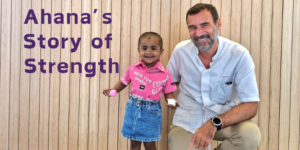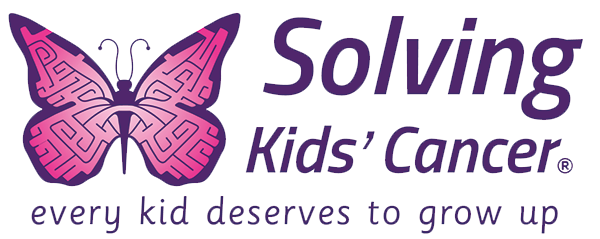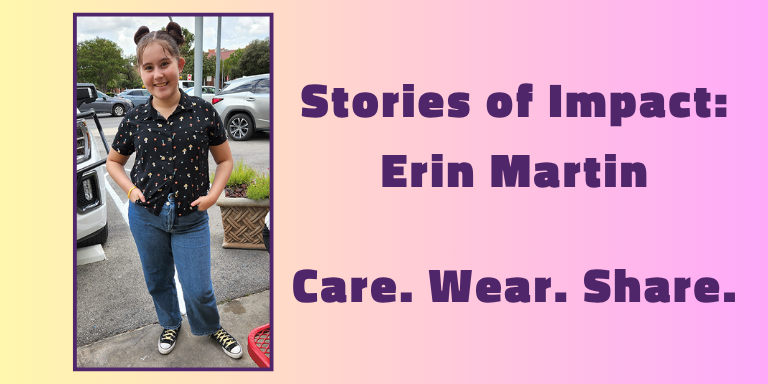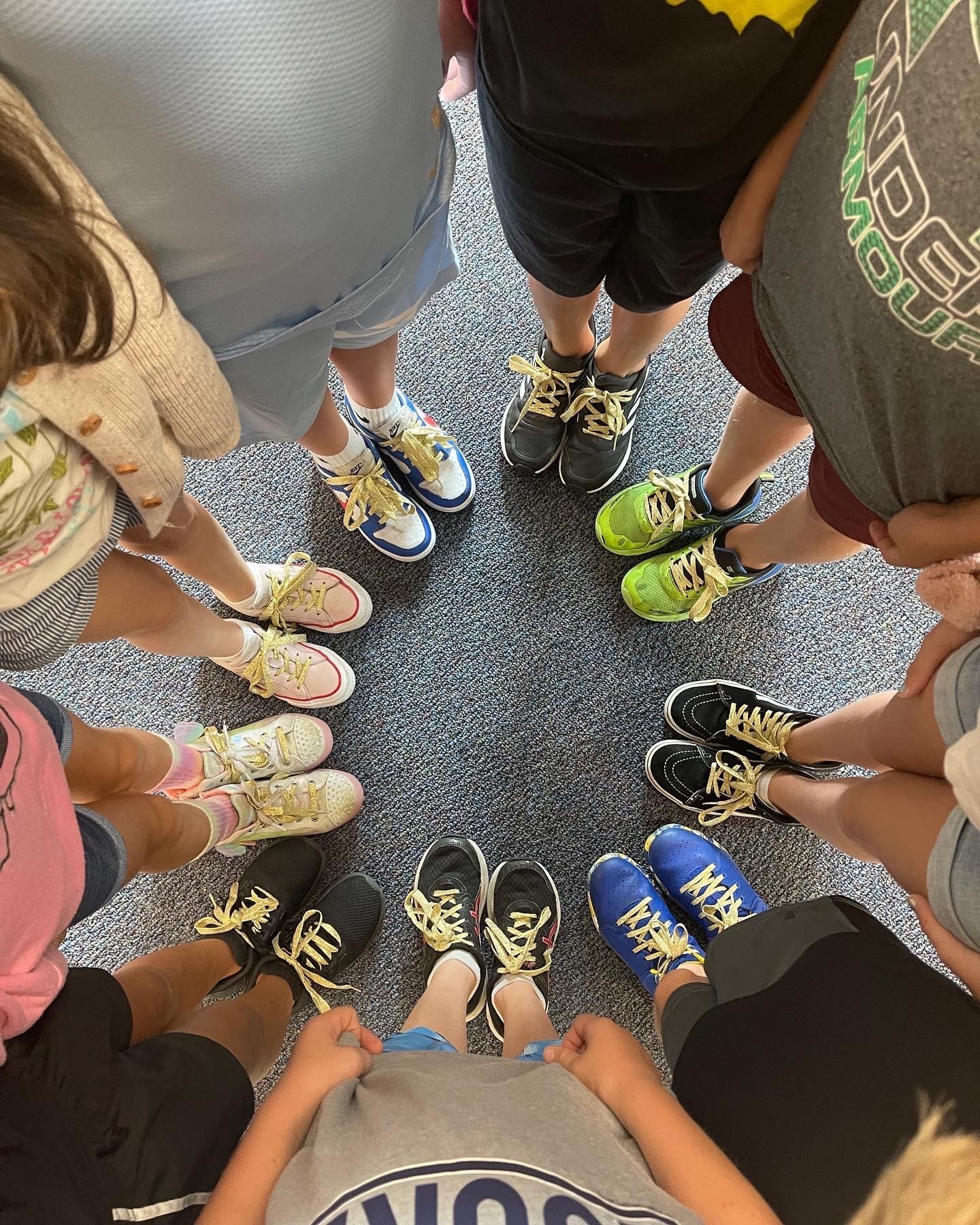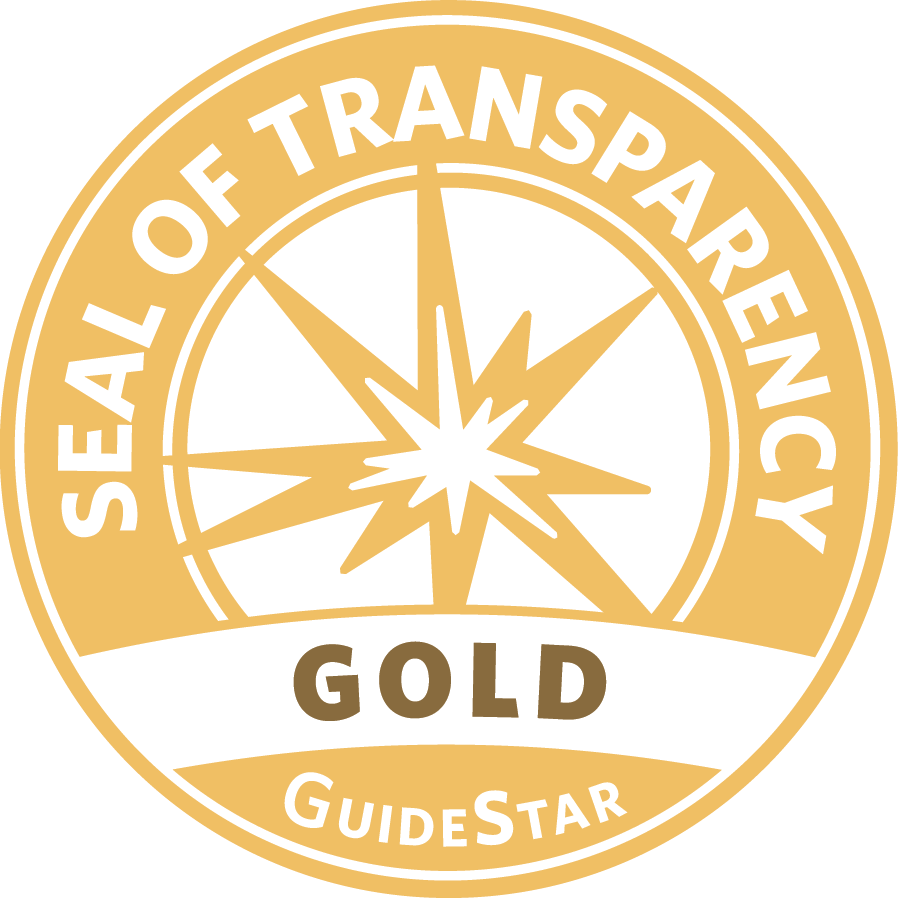Osteosarcoma Survivor to Surgeon: Dr. Kurt Weiss’ Story
At age 15, Dr. Kurt Weiss was a typical teenager—active, ambitious, and full of dreams about football, college, and mountain climbing. However, during a football practice, a sudden, severe pain in his leg changed everything. His mother insisted he visit the doctor, even suggesting she might cancel his mountain climbing trip with friends if he didn’t.
It was a good thing she did. The doctor’s visit led to the shocking diagnosis: osteosarcoma, a rare and aggressive bone cancer. Faced with a life-threatening illness, Dr. Weiss transformed his battle into a mission to save others, demonstrating an extraordinary journey of resilience and purpose.
In honor of Bone Cancer & Sarcoma Awareness Month, we’re sharing Dr. Kurt Weiss’s story to highlight the importance of bold innovation and relentless pursuit of knowledge in treating and curing the most fatal pediatric cancers.
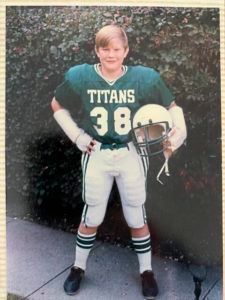
What is Osteosarcoma?
Osteosarcoma is a childhood bone tumor that typically forms in the long bones of the arms and legs. It often affects children and adolescents and is more common in males than females. Each year in the United States, doctors diagnose about 12,000 people with sarcoma, with only 500 to 700 cases being osteosarcoma.1 Osteosarcoma symptoms often include pain and swelling in the affected area, which can easily be mistaken for sports injuries or growing pains, as was the case with Dr. Weiss.
The survival rate for osteosarcoma is between 60% and 70%,1 making it a tough battle for many young patients, and treatment can often take a toll on patients both physically and mentally. Standard osteosarcoma treatment usually involves a combination of surgery and chemotherapy. Despite aggressive treatment, the disease often returns, as it did with Dr. Weiss. His cancer spread to his lungs three times, leading to a grim prognosis.
Life-Saving Clinical Trial
In 1990, Dr. Weiss joined a cutting-edge clinical trial at The University of Texas MD Anderson Cancer Center. The researchers there had created a new immune-based treatment to target and destroy stubborn bone tumor cells. This experimental approach worked and saved Kurt’s life. Reflecting on the experience, he shared, “Miraculously, the experimental treatment saved my life and taught me emphatically that sarcoma medical research and clinical trials save lives.” This life-changing trial underscored the vital importance of ongoing research and innovation in the fight against cancer.
Turning Point: The Decision to Amputate
Although the clinical trial saved his life, Dr. Kurt Weiss still faced relentless infections and setbacks from his original cancer treatments. “I was on the operating table an average of once every three months for seven years,” he recalled.
Despite the numerous surgeries, infections persisted, and Dr. Weiss’ quality of life was severely impacted. He was a junior in college, struggling to keep up with his studies and daily activities due to the constant medical interventions. The situation reached a point where the recurring infections and surgeries became unsustainable.
After a particularly severe infection, he made a brave decision: to amputate his leg above the knee. “I needed to get on with my life and have one more procedure that would amount to a ‘one and done,’” Dr. Weiss explained. This pivotal moment was more than a medical decision; it was a declaration of his determination to live life fully and pursue his dreams despite the physical loss.
Embracing the Challenge of a New Reality
The decision to amputate was not made lightly. It involved numerous discussions with his medical team and his family. The goal was to improve his overall quality of life and put an end to the endless cycle of osteosarcoma treatments, surgeries, and infections. The surgery was a success, and Dr. Kurt Weiss quickly adapted to his new reality. He focused on rehabilitation and learning to use a prosthetic leg.
After the amputation, Dr. Weiss’ life took on a new direction. He was determined to not let the loss of his leg define him. Instead, he used it as a motivation to push forward. His ability to overcome such a significant physical challenge became a cornerstone of his character and a source of inspiration for others. He finished his finals at the University of Notre Dame, and even marched as the president of the Notre Dame band at the 1996 Orange Bowl, demonstrating his resilience and unwavering spirit.
Journey to Becoming a Surgeon-Scientist
After Dr. Kurt Weiss graduated from Notre Dame, he enrolled in Jefferson Medical College (now the Sidney Kimmel Medical College), pursuing medicine inspired by the compassionate care he received during his treatment. Initially aiming for pediatric oncology, he soon realized that the emotional toll of the field was too great for him. “I recognized that it wasn’t going to be the path forward for me, and that was disappointing,” he said.
He discovered his true calling in surgical oncology. “I needed to be the one who was physically going in and removing cancer. That is just the way I was built,” he explained. The drive was fueled by his desire to physically remove cancer from patients’ bodies, just as his doctors had done for him. In 2003, he earned his medical degree and later joined the surgical team at the University of Pittsburgh Medical Center (UPMC), along with Dr. Mark Goodman — the same surgeon who had treated him.
Career Achievements and Contributions
Now an osteosarcoma surgeon and researcher at UPMC Hillman Cancer Center and an associate professor at the University of Pittsburgh, Dr. Weiss dedicates his life to finding a cure for sarcoma. His typical week includes time in the operating room, seeing patients, and conducting groundbreaking research, allowing him to make significant contributions both in patient care and scientific discovery.
But his contributions don’t stop here. Recognizing the need for more research and support for sarcoma patients, Dr. Weiss helped establish Pittsburgh Cure Sarcoma (PCS), an advocacy group dedicated to increasing awareness and raising research funds for sarcoma. What started as a small group of passionate individuals has grown into a significant force in the sarcoma community. “We’ve been very successful,” Dr. Weiss noted. “All of this momentum has been building over the past decade. We have a community of scientists constantly working on projects right in Pittsburgh, and we put our funding to good use.”
To date, PCS has awarded more than $2 million in sarcoma research grants to regional institutions, significantly advancing the field and providing hope for better osteosarcoma treatment options. The group’s efforts have greatly contributed to advancements in osteosarcoma treatment and research.
Empathy in Practice: Connecting with Patients
Dr. Kurt Weiss‘ personal battle with osteosarcoma gives him a profound empathy for his patients. He knows their fears, their pain, and their hopes because he has lived them. “When a patient is undergoing a type of chemotherapy that I myself underwent, I know just a little bit more about the fear, anxiety, and other challenges the patient may be experiencing,” he shared. This empathy allows him to connect with his patients on a deeper level, providing them with not only medical care but also emotional support.
His story and experiences provide a deeper connection with his patients, helping them navigate their journeys with a sense of understanding and hope. Providing this level of care comes naturally to Dr. Weiss, who acknowledges the entire team at UPMC for their role in patient care. “It takes our entire team to take care of the patients I see — many of whom have a severe disease,” he said.
Get Involved This Bone Cancer and Sarcoma Awareness Month
Dr. Kurt Weiss’ journey from patient to surgeon-scientist is not just a story of survival but one of triumph over adversity. His work embodies the spirit of resilience and innovation that drives Solving Kids’ Cancer.
At Solving Kids’ Cancer, we are committed to supporting innovative research and clinical trials — like the one that saved Dr. Weiss’s life — because we believe that every kid deserves to grow up. Through global, collaborative research and advocacy, we focus on finding treatments and cures for the most aggressive childhood cancers and providing resources to families battling pediatric cancers like osteosarcoma.
This Bone Cancer & Sarcoma Awareness Month, join us in spreading awareness, supporting research, and making a difference in the lives of children battling cancer. Your involvement can help accelerate the pace of discovery and bring us closer to finding cures.
Sources:
1 Survivor, Surgeon, Scientist: One Doctor’s Cancer Journey – https://inside.upmc.com/survivor-surgeon-scientist-one-doctors-cancer-journey%E2%80%AF/
2 Kurt Weiss, MD – Osteosarcoma Patient Story – https://hillman.upmc.com/cancer-care/sarcoma/patient-stories/kurt-weiss
3 Meet the Researcher – Kurt Weiss, MD: https://www.curesarcoma.org/meet-the-researcher-kurt-weiss-md/
